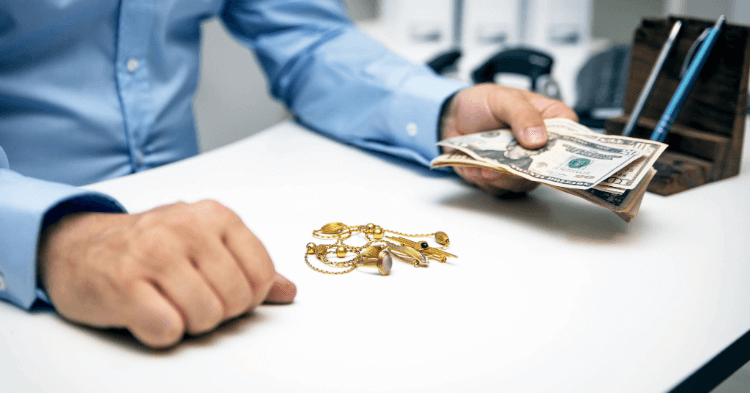In the market for a new car? There’s a lot of decisions on the road ahead. What kind of car meets your needs? Is it in your budget? New or used? Lease or buy? All of these decisions have one common factor that needs to be considered as you work through them: Your credit. Unless you are able to pay for a car in cash outright — which very few can do — your credit will be considered at some point in the car purchasing process. But what if you have bad credit?
While those looking to buy or lease with bad credit may be more limited than someone with strong credit, there are still several options available to meet your transportation needs. So which option is best for those with bad credit? First, let’s take a look at the differences between buying and leasing a car.
Buying Versus Leasing: The Basics
Buying a car is pretty straightforward — you are purchasing the vehicle (typically with some means of financing support like a loan) and it becomes your property. But what about leasing? Leasing is essentially renting a car in a similar way to which you would rent an apartment: There is an agreed upon period of time of which you will be renting and the down payment is substantially less. However, there are limitations because you technically don’t own the car.
Though every lease is different, these are some of the most common points in a lease agreement:
- Lease agreements are typically for two to three years.
- You are allowed to drive 12,000 miles per year. If you go beyond that, you pay a penalty per mile.
- You’re required to have full coverage through insurance, occasionally requiring above-average coverage for property damage insurance, liability, etc.
- If you return the car with any of the above issues and beyond typical wear and tear, you will be charged extra fees.
- The car is typically new or barely used and is still under the manufacturer’s warranty.
Bad Credit Car Options
The last thing you want to do when you have bad credit is to make it worse by making a financial commitment you can’t keep. A car is a large purchase and needs to be considered carefully. The option to buy or lease isn’t easy, and it really comes down to which one better fit you and your lifestyle — that means your driving patterns and your budget.
For example, let’s say you feel the leasing option is best for you because you don’t have a lot of money to put down and the interest rate available to you for a car loan is just too high. Plus, it will be nice to have a new car every few years! However, your job requires you drive all over the city and the suburbs so mileage racks up quickly. At the rate you’re going, you’ll be over your mileage restriction by 5,000 miles at the end of your lease, maybe more. At $0.15 per mile over, you’re looking at $750 of extra expenditure.
Make sure to account for all aspects of your life before making your final decision to lease or buy. Still unsure? Use this handy chart below to compare and contrast your options.




